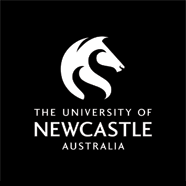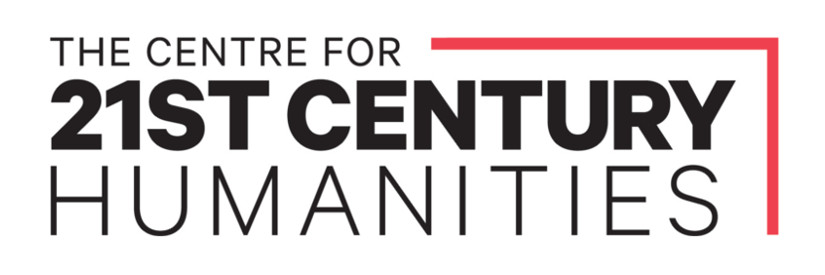| Site Name | Frew River |
| Aboriginal or Torres Strait Islander Place Name | Litwelepenty |
| Language Group, Nation or People | Alyawarr, Wakaya, Kaytete and Warumungu |
| Present State/Territory | NT |
| Colony/State/Territory at the time | SA |
| Police District | Port Augusta |
| Latitude | -20.757 |
| Longitude | 134.916 |
| Date | 24 Jun 1891 |
| Attack Time | Dawn |
| Victims | Aboriginal or Torres Strait Islander People |
| Victim Descriptions | Aboriginal |
| Victims Killed | 30 |
| Victims Killed Notes | Men, women and children |
| Attackers | Colonists |
| Attacker Descriptions | Pastoralist(s) |
| Attackers Killed | 0 |
| Attackers Killed Notes | Warriors killed attacking the newly established Frew River Station homestead |
| Transport | Foot, Horse |
| Motive | Reprisal |
| Weapons Used | Firearm(s), Spear(s) |
| Narrative | From an oral history with Sid Stanes (Trish Lonsale Collection, Reel 15, side 1, p 50), about Frew River Station: 'They were not there more than 2 or 3 years I don't think. Had a great stockade round the place. Eventually the blacks hunted them out. They used to shoot the blacks, of course, but there were too many of them…they built this bloody high stockyard right round the place and they had a lot of dogs, Bloodhounds, tied up at night around the place…'.
Bell (1983, p 65) noted: 'The presence of eight Aboriginal women at the Frew River Station was mentioned by the Adelaide Observer (11 July 1891) as one possible reasons for the attack of June 1891 by Alyawarra and Wakaja. Further attacks occurred and by 1896 the ill-fated station was abandoned. Eylmann wrote "The station dwellers are said to have always treated the Aborigines with the greatest severity and mercilessly shot down every cattle thief they could get hold of. When I was there, I found two human skulls in one piece, one which was pierced by a bullet…". Aboriginal attacks were kept at bay by the "ferocity of a large number of kangaroo and blood hounds which were kept inside the palisades".'
The Evening Journal (6 July 1891, p 2) reported the event: 'So the blacks on the Frew River have made an attack on Mr. Coulthard and his men. This is just what was expected, and as preparations were made for a visit of this sort, I warrant they got a warm reception...an attack such as that which is reported to have taken place on June 24 was fully expected. When the Willowie Pastoral Company took possession the first thing Mr. Giles wisely insisted upon doing—before putting up any buildings—was to build a barricade consisting of posts slanting outwards. The inside station buildings are inside this'.
Trish Lonsdale's notes of her interview with Harry Tilmouth read: 'In the Frew River ones, he described to me that Bill Coulthard came in unexpectedly from the camp to the station which had a picket fence all round and they had some dogs that they used to let loose and the cook was the only person there and these natives knew that the cook was there alone. The dogs were very restless and at midnight, Coulthard got up as he felt that there was something wrong and he saw the lubra, there was a lubra helping in the Station, she was assistant to the cook, and she was talking finger [sign] language and Coulthard found looking through his glasses another native on a hill doing likewise, this I think was before dusk. It was later at midnight that the dogs were restless and this finger language aroused his suspicions and then about midnight when the dogs became noisy he took out his guns, revolver and shotgun, and found outside about 30 or more natives with their fire sticks all round the outside of the barricade waiting to attack. He fired amongst them and they scattered. Later when Wurmbrand was on the scene and they were tracking them, in fact they were tracking one another, the natives were tracking the white men and the white men were tracking the natives. They got to the stage where the white men doubled back on their tracks. The natives always attacked at dawn. The white man never camped on his dinner camp at night. They always moved on and camped. This time, they doubled back on their tracks about half a mile. In the early hours of the morning the natives were coming up following the tracks and waiting for them on the double track. They got them all. They later came across some lubras and children and Wurmbrand said, "They are our enemies; they must go". Coulthard said "No, let's take them back to the station". Wurmbrand said: "No. They are our enemies". And they went to a man. The same thing happened out at the Reservoir. They got down onto a waterhole and they were destroyed' (Tilmouth cited in Trish Lonsdale Collection, Reel 26, p 19).
NOTE: The NT Police History Association records that Wurmbrand resigned on 30 November 1888 so he could not have been involved in this massacre as a serving police officer; he may have been sworn in as a Special Constable. Lonsdale's sources were referring generally to Central Australia and the Willowie Pastoral Company during the 1880s when Wurmbrand was present in Central Australia. |
| Sources | NTRS 3413 – Lonsdale, Patricia – Records relating to research interviews with Centralians 1963-1986; Bell, 1983, p 65; Evening Journal, July 6 1891, p. 2 http://nla.gov.au/nla.news-article198412624; NTRS 3414 – Trish Lonsdale Collection – Reel 26, Harry Tilmouth, p19; Reel 3, Bill Riley, p 11; Whitebeach, 2006, p 175; Adelaide Observer, July 11, 1891, p 34 http://nla.gov.au/nla.news-article160181892. (Sources PDF) |
| Corroboration Rating | *** |

